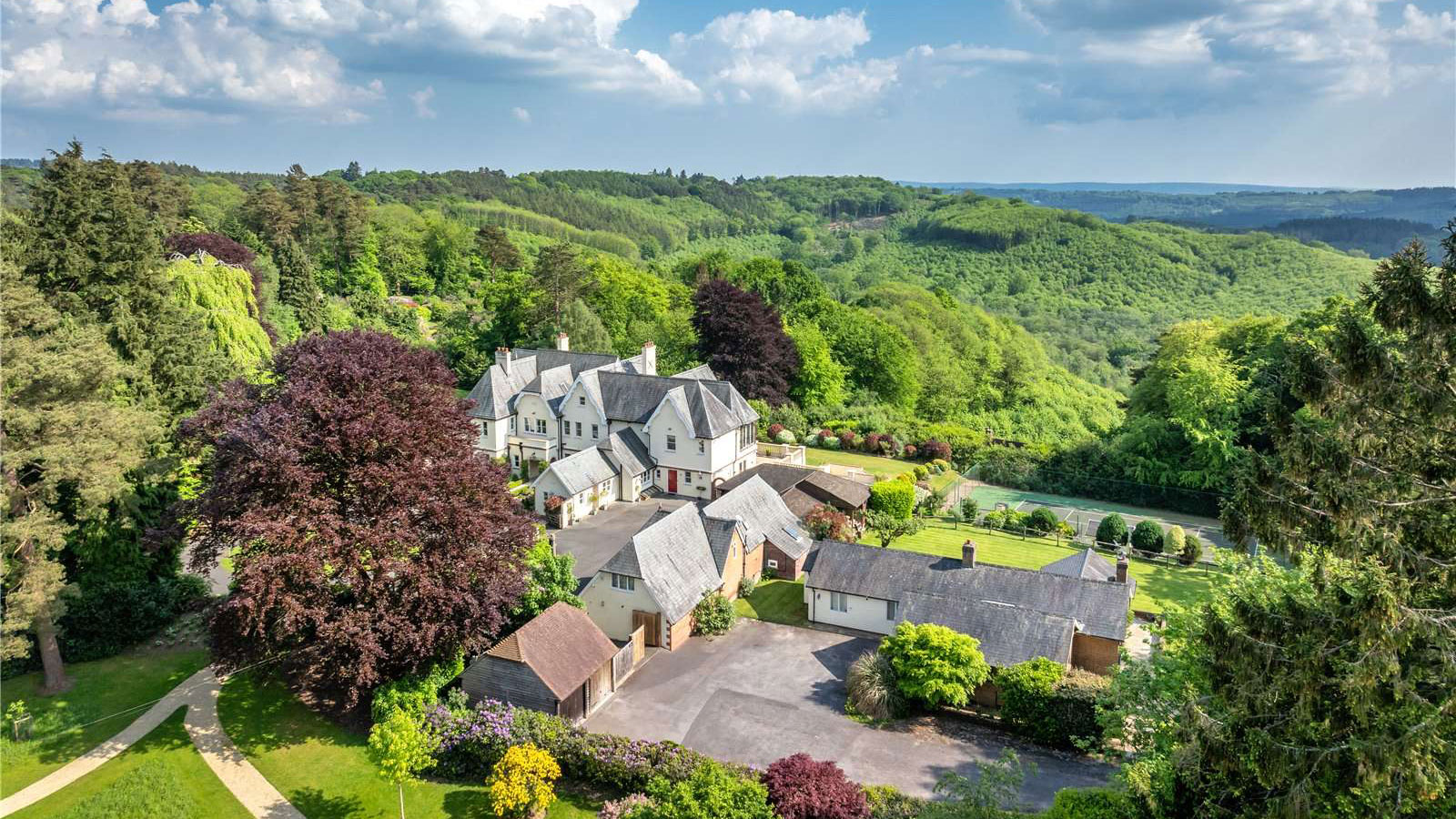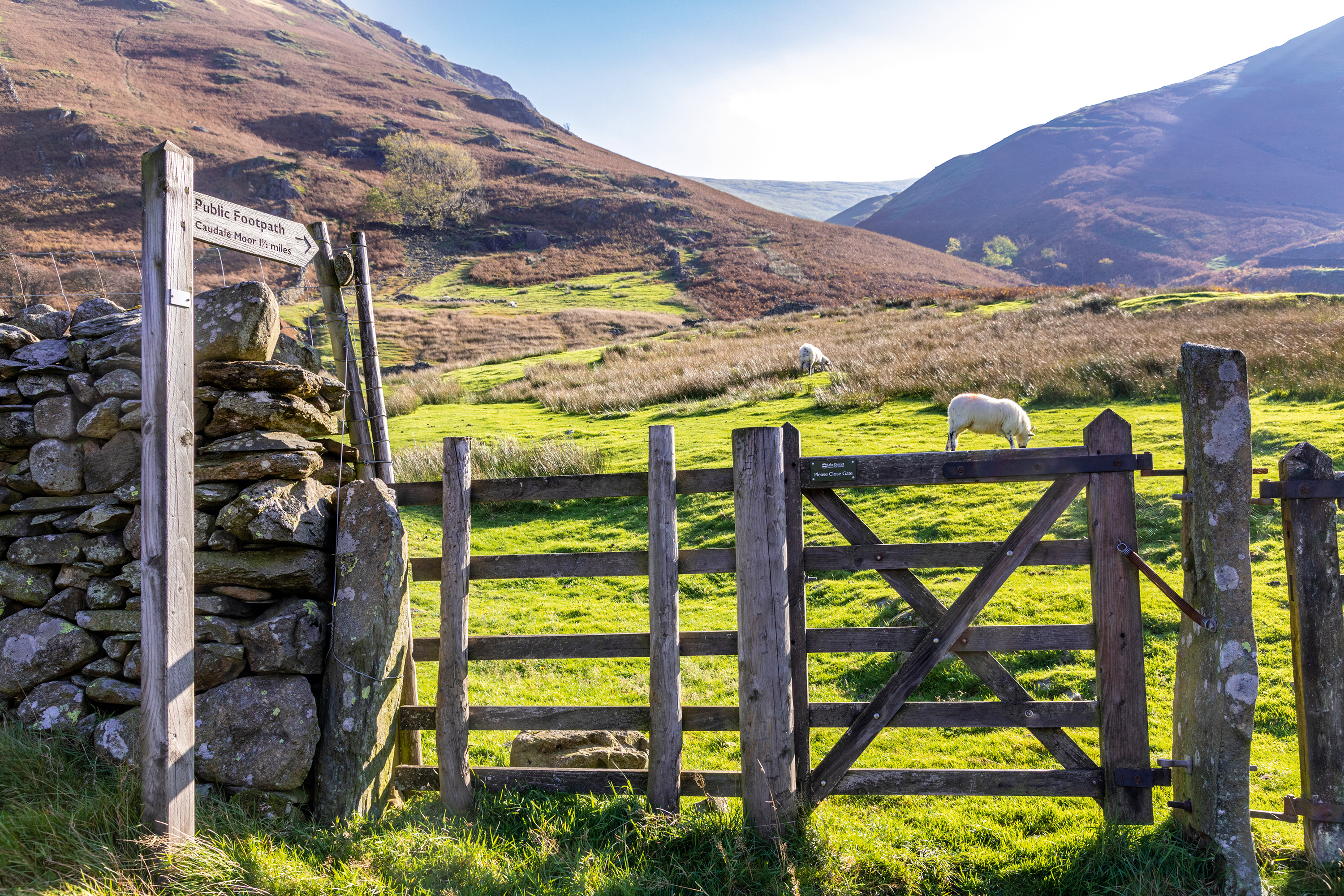Spectator - Carla Carlisle
The unconscious mantra is 'never again', says Carla Carla who is embarrassed to share a birthday with the anniversary of Nagasaki


I grew up in the days when grown-ups still talked about where they were when they heard about Pearl Harbour. I knew by heart that my mother heard the news that Sunday morning on the car radio driving back from a dance in Memphis, how all the young men at the dance enlisted the day after December 7, 1941.
The magnetic timeline for my generation began the day Kennedy was shot. My son knows how I wandered out of school that Friday in a shocked daze and walked home, a truancy that became a permanent part of my school records: November 22, 1963, absent without permission. We tell these stories to keep alive our memories, as a kind of memento mori tangled up in the unconscious mantra of 'never again.'
Then came September 11, 2001, telegraphed into our collective consciousness as 9/11. Now more people are alive who witnessed the crumbling of the Twin Towers on their television screens than have memories of the shaky footage of a young president in a convertible, his wife cradling his head in the lap of her pink suit. As the assassination retired Pearl Harbor, 9/11 retired the assassination. History is the fateful push of time.
This trail of memories was rekindled as I listened to the accounts last week on Radio 4 of the bombings of Nagasaki and Hiroshima.
The pilot of the Enola Gay told how the bomb dropped on Hiroshima was called 'Little Boy', how the aircraft performed a sharp 155-degree turn and dived 518 metres, that the bomb exploded 576 metres above the city. Embedded in the details: the voices of survivors describing the day in their lives when history was pulverised and time stopped.
Although those weapons of mass destruction exploded before I was born, I was aware of these dates from an early age: my birthday is on the anniversary of Nagasaki. There is something embarrassing about sharing a birthday with one these fatal dates. On 9/11, I was in London for a dinner with my friend Betsy Drake. I called her in the late afternoon, thinking that with such tragic news we should cancel our plans, but she had spent a disciplined day at her desk and knew nothing. 'Oh please come,' she said after I told her, adding softly, 'it's my birthday.' Months later she told me that 'the date is unbearable. I'm officially changing my birthday to September 1.'
When Jackie Kennedy first saw the plans for the World Trade Center she lamented: 'they're stealing the sky.' Now I'd put it like this: tragic dates are stealing our calendar and it's hard to live life in a permanent diary of grief. I'm trying hard not to let the phrase '7/7' slide into my vocabulary. It feels like a victory for the dehumanised bombers to give them a day.
Sign up for the Country Life Newsletter
Exquisite houses, the beauty of Nature, and how to get the most from your life, straight to your inbox.
It probably helps that the countryside operates on a calendar that doesn't recognise dates. Cows have to be milked twice daily, hay must be made while the sun shines. True, only a tiny sliver of the rural population now makes hay but the cultural legacy is still agriculture. People are more alarmed at the filth of their hospital wards and nursing staff who do not speak English than they are by the murderous quagmire of the Middle East. They worry more about the price of oil than they do about the plundered planet. Farmers in the fens feel more threatened by the buying power of Tesco than al-Qaeda. Which doesn't mean that country life is parochial but that you have to live life a day at a time. No one has the courage to say 'never again'.
This article first appeared in Country Life magazine on August 18, 2005.
Country Life is unlike any other magazine: the only glossy weekly on the newsstand and the only magazine that has been guest-edited by HRH The King not once, but twice. It is a celebration of modern rural life and all its diverse joys and pleasures — that was first published in Queen Victoria's Diamond Jubilee year. Our eclectic mixture of witty and informative content — from the most up-to-date property news and commentary and a coveted glimpse inside some of the UK's best houses and gardens, to gardening, the arts and interior design, written by experts in their field — still cannot be found in print or online, anywhere else.
-
 Six rural properties with space, charm and endless views, as seen in Country Life
Six rural properties with space, charm and endless views, as seen in Country LifeWe take a look at some of the best houses to come to the market via Country Life in the past week.
By Toby Keel
-
 Exploring the countryside is essential for our wellbeing, but Right to Roam is going backwards
Exploring the countryside is essential for our wellbeing, but Right to Roam is going backwardsCampaigners in England often point to Scotland as an example of how brilliantly Right to Roam works, but it's not all it's cracked up to be, says Patrick Galbraith.
By Patrick Galbraith